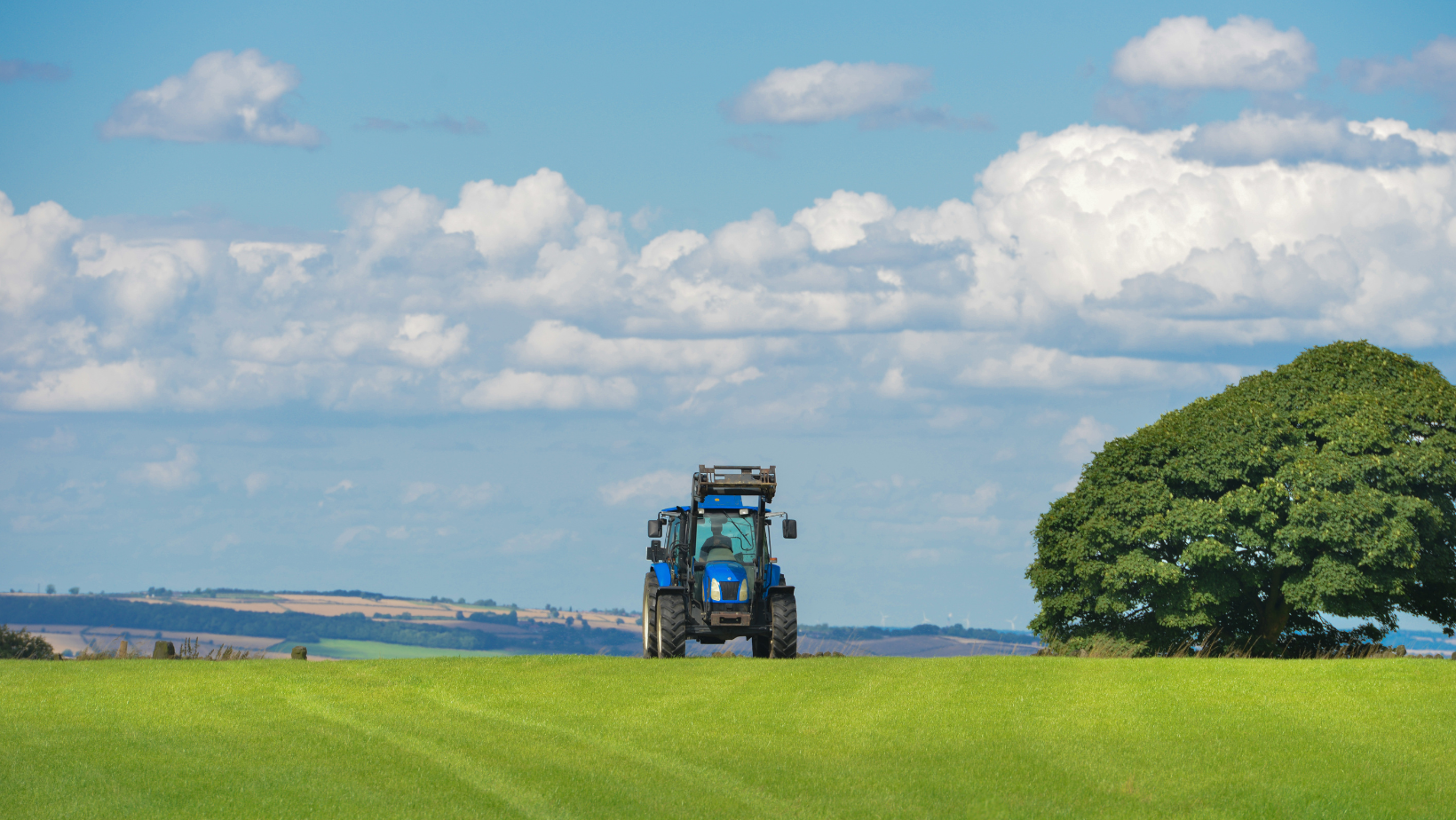It is disconcerting to read the daily dose, and general drip feed, of bad news about the state of the UK economy. For business owners, we need stability and the confidence to plan ahead. Every time there is another dire prediction, about the state of Government finances and the unconvincing performance of the new Chancellor, this causes us to pause before taking any new steps to invest and grow our own businesses.
Notwithstanding this however, Northern Devon is punching above its weight and bucking these negative market trends.
The current state of play for UK Manufacturing makes difficult reading. The downside to this is set by Rachael Reeves £40 billion of tax rises. These have pushed business confidence down to the lowest level since the aftermath of the Liz Truss mini budget.
It is further confusing that there are conflicting views from senior analysts as to what will happen next. The British Chamber of Trade have just reported that the prospects for the future look extremely negative, with worrying reverberations from the budget, a slump in business confidence and evidence that businesses are already cutting back on investment. Also most are anticipating that they will need to increase prices in the near future.
A rather different report has also just been published by KPMG (the consultancy), which says that UK economic growth is on track to more than double this year, thanks to interest rate cuts and higher government spending. They think that the UK economy will grow by 1.7% in 2025 significantly up on the official figures published by the government.
There is no doubt that confidence has understandably been shaken by recent events. The tax increases in the budget and also the volatility of interest rates has caused the Stock Market and businesses, great and small, to responded badly. The real implications of increases in National Insurance contributions, (up to 15% from 13.8%), the lowering of the threshold for when these payments kick in (down to £5,000 from £9,100) and a number of changes to business regulations, all seriously affect cash flow and profitability. The almost inevitable reaction has been to curtail the ambitions of many companies.
Looking at the effect of this on UK Manufacturing generally reveals a downbeat picture. In assessing the implications of this, we do need to remember that by far the biggest part of the UK economy is driven through the dominant services sector – one of the largest in the world by GPD percentage. Manufacturing is a relatively small part of the overall equation but crucially important particularly to our export trade and the many indirect jobs created in their supply chain.
Make UK, the Manufacturer’s trade body have just produced their latest quarterly statement. They say that it is not just farmers who are struggling but also manufacturers who are grappling with external pressures and cost increases that threaten to overwhelm them. Official figures summarise the situation, manufacturing output in Autumn 2024 was more than 10% below its pre-pandemic level. A deeper dive shows that this is driven by specific declines in certain sectors. For example there was a drop of 37% in chemical production and more than 25% in clothing and textile manufacturing. In contrast to this however food manufacturing has remain broadly flat whilst the Pharmaceutical sector has increased by more than a third since 2019. Worryingly the automotive sector, once one of the great strength of the UK economy, is notably weaker. Car output in November 2024 showed that manufacturing was down 30% (almost certainly indicating the impact of Brexit).
We are not alone with these problems. In France and Germany, car output has declined from 2010 onwards largely due to the transition of electric vehicles. Both are also suffering declines across their manufacturing sectors. In France, for example, they are currently operating at the lowest level for the last two years. Even America has seen a slight decrease in its manufacturing output as at the end of 2024.
There are some global trends at work here. Our ability to make things has been affected by skills shortages, supply chain problems and reduced demand for certain goods following the pandemic. There have also been significant problems arising from energy prices which remaining a barrier to growth. For example UK Steel disclosed that it is currently paying 30% higher energy bills than those in Germany and 50% higher than those in France.
So what is likely to happen next?
During 2025 manufacturing will continue to face numerous challenges. These could be further impacted by Donald Trump‘s proposals for imposing tariffs. He has stated that he will raise a 60% tariff on a wide range of goods from China. He has threatened Canada and Mexico with 25% tariffs if they do not curb migration into America. Most worryingly he has proposed tariffs on the whole of the European Trading Zone of between 10-15%. This will include the UK. Currently the value of British goods exported to America amount to around £60 billion annually. It is extremely difficult to tell whether the language from Donald Trump is reality or bluster. Not even his closest advisors are fully clear as to whether he is serious with some of these suggestions Look no further than his recent comments about taking over the Panama Canal and also buying Greenland. Is this sabre-rattling or a serious attempt to shake up world markets? We only have to wait until the 20th of January to discover what plans he really has.
It is also less than helpful, in this fragile market, that Government is tearing down the well-ordered world of our Local Government infrastructure by imposing (probably with a shot gun) a new regime under the banner of Devolution. This includes proposals to airbrush District Councils (including our two district councils) and replacing them with administrative control from afar. Have no doubt that both our District Councils are a force for good and hugely influential in stimulating growth and providing business support.
For business, predictability and stability are preconditions, not a blue print for growth. It will take an awful lot more to persuade me that any new regime will adequately replace what we have already.
This is not very encouraging for the start of a new year which we all want to approach with renewed enthusiasm. Let us however reflect on what Northern Devon has going for it. This is a list we should be proud of and take comfort from.
A much improved main road network. Several influential bodies who ensure a full understanding of the needs of business and what is happening in the market (such as North Devon +, North Devon Futures and a Skills and Employment board) all of whom actually do things rather than being talking shops. Local Authorities who are prepared to take risks and disrupt markets with new ideas – such as the Clean Maritime Innovation Centre. A UNESCO designated Biosphere which is an international leader in natural capital. A health care initiative which is a regional leader in medical and social provision (One North Devon). A Further Education College which is fighting to be best in class regionally. Finally a clutch of manufacturing businesses who are leading edge in areas where global markets are now seriously investing.
Oh and we should not forget that we now have the front door keys to the huge economic power of the blue economy in the Bristol Channel and Celtic sea. This is as part of the Floating Off-shore wind market – but with much besides, such as seabed farming. This will be driving our local economy for years to come.
I passionately believe that our subregion has a bright future for 2025 and beyond. Perhaps we should just stop reading the negative news and just get on with what we are best at – doing it.









